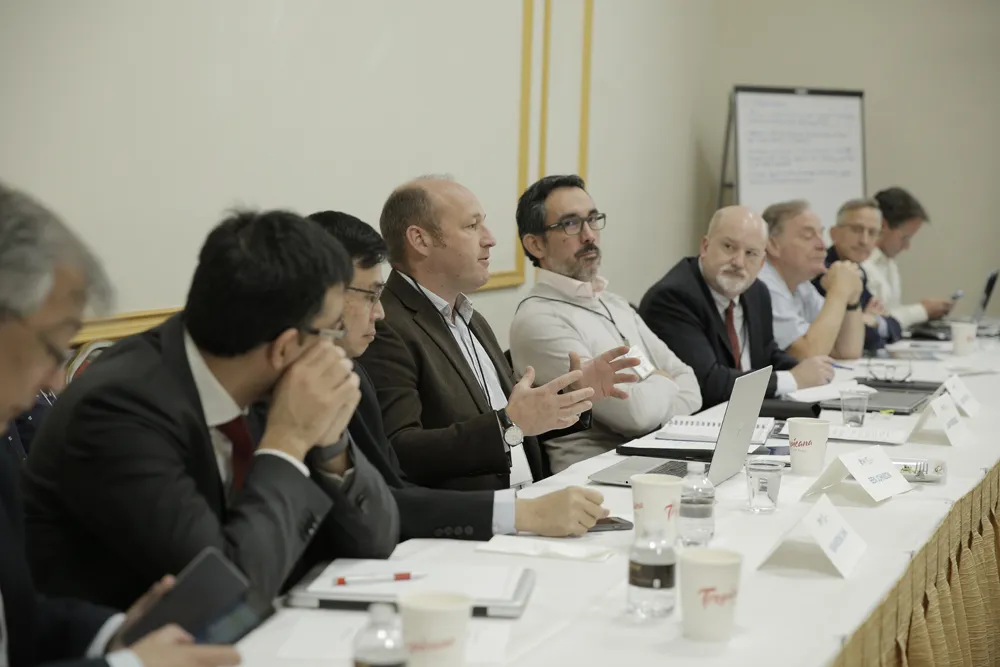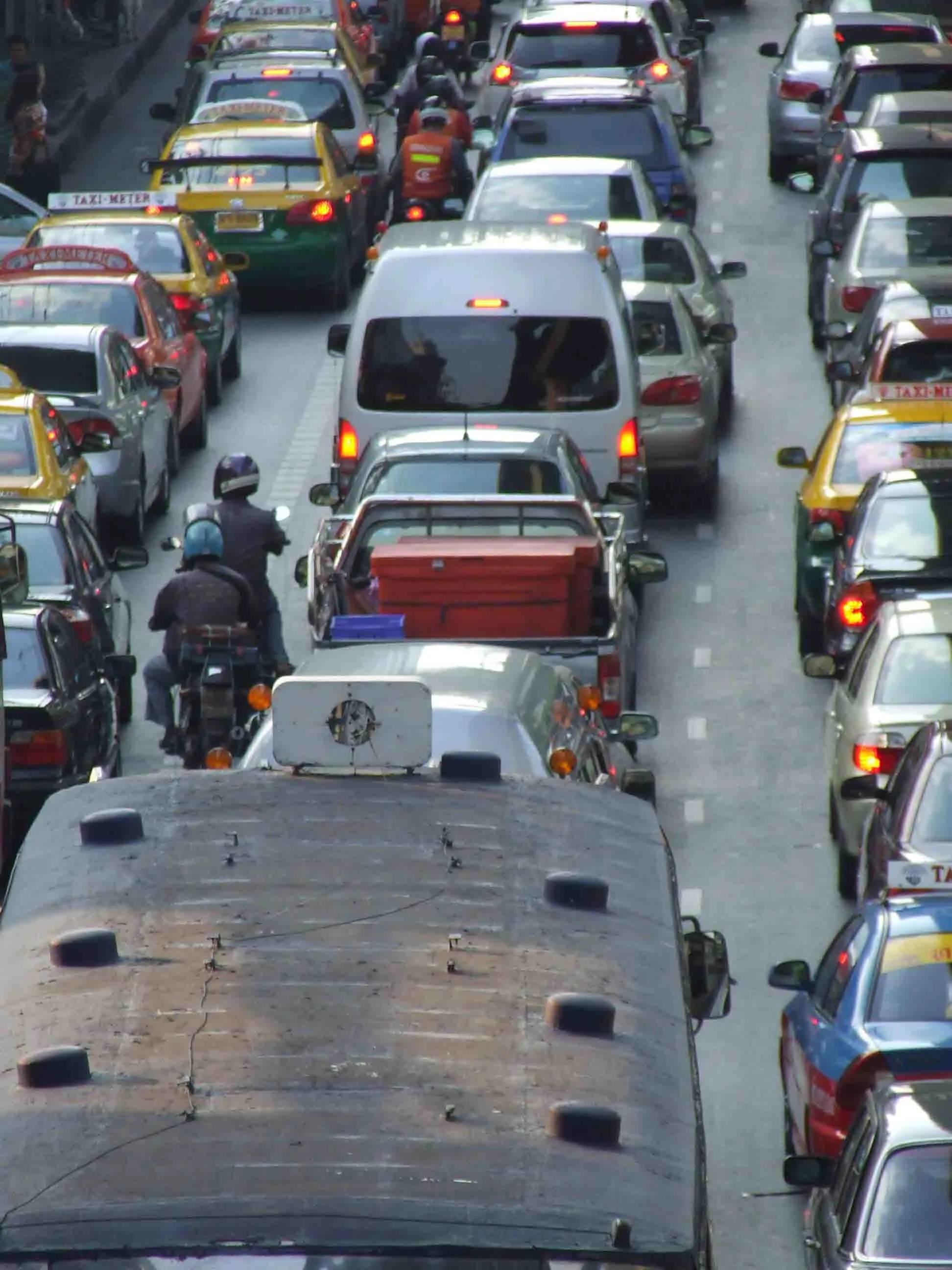
By some estimates, the combined road pricing market for electronic road tolling, congestion pricing and road usage charging (RUC) is expected to grow from 196 million subscriptions in 2015, to more than 540 million by 2025. The drivers of this trend are multiple. They include the need to fund infrastructure investment and upkeep, tax road users for the “externalities” they generate, charge foreign vehicles using the national road system, and brace for the expected decline in fuel taxes with the modernisation of vehicle fleets.
The technologies supporting electronic road pricing services currently co-exist as separate ecosystems, frequently guided by economic considerations and national regulations rather than a thorough examination of the benefits each one provides. The growing appeal of electronic road tolling in emerging economies is encouraging road agencies to look at an even wider spectrum of technological responses, ranging from integration with mobile payment for private users, to combined services aimed at the fleet operator market.
The societal pressures we know today, increased population and economic activity around geographic hubs, will all worsen over the next decade, placing additional stress on transportation infrastructure and increasing commuting times, and demand management policies. The need to charge according to a growing number of parameters (such as location, destination and number of occupants) will become even more appealing to policymakers. For drivers, journey time will no longer be the only variable, since frequent trade-offs will need to be made between time and cost, possibly embedded within the vehicle’s navigation system. Increasingly, RUC applications will expand across jurisdictions, and reciprocal arrangements will progressively make way to unified RUC systems working off the same technological platform.
To take a measure of these trends and understand their wide-ranging implications for the North American market, the International Road Federation (IRF) convened senior specialists to join a Global Leadership Seminar held on November 19, 2019 as part of the 2nd IRF Global R2T Conference.
The seminar’s goals were to align understanding on current and future policy developments driving road user charging. They were also to address the technological and business outlook for road tolling, achieve consensus on how long-term mobility trends will likely impact the tolling market and outline opportunities to bridge knowledge gaps through educational resources.
One of the findings of the seminar was that RUC programs frequently affect the travel patterns of hundreds of thousands and can bring about important societal benefits that extend well beyond the funding equation. RUC partners now have the opportunity to take advantage of the dynamic data that is available to them through tolling applications via new data points such as vehicle health, and driver and driving data, which can provide value outside of traditional toll service provision, such as in the realm of road safety, telematics-based insurance, fleet management, or congestion analysis.
A new IRF White Paper summarising the main outputs of this seminar is now available from https://www.irf.global/irf-knowledge/









